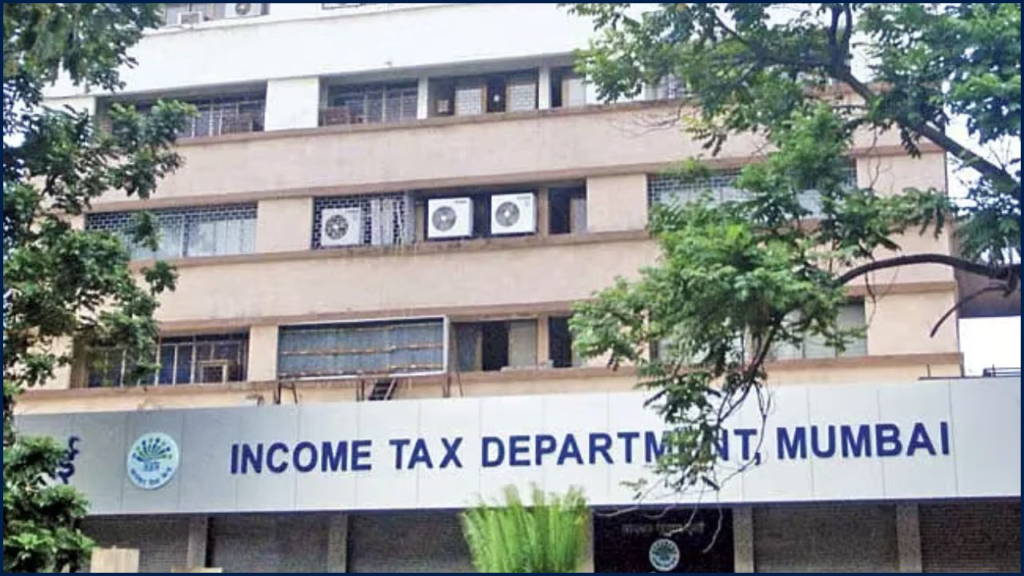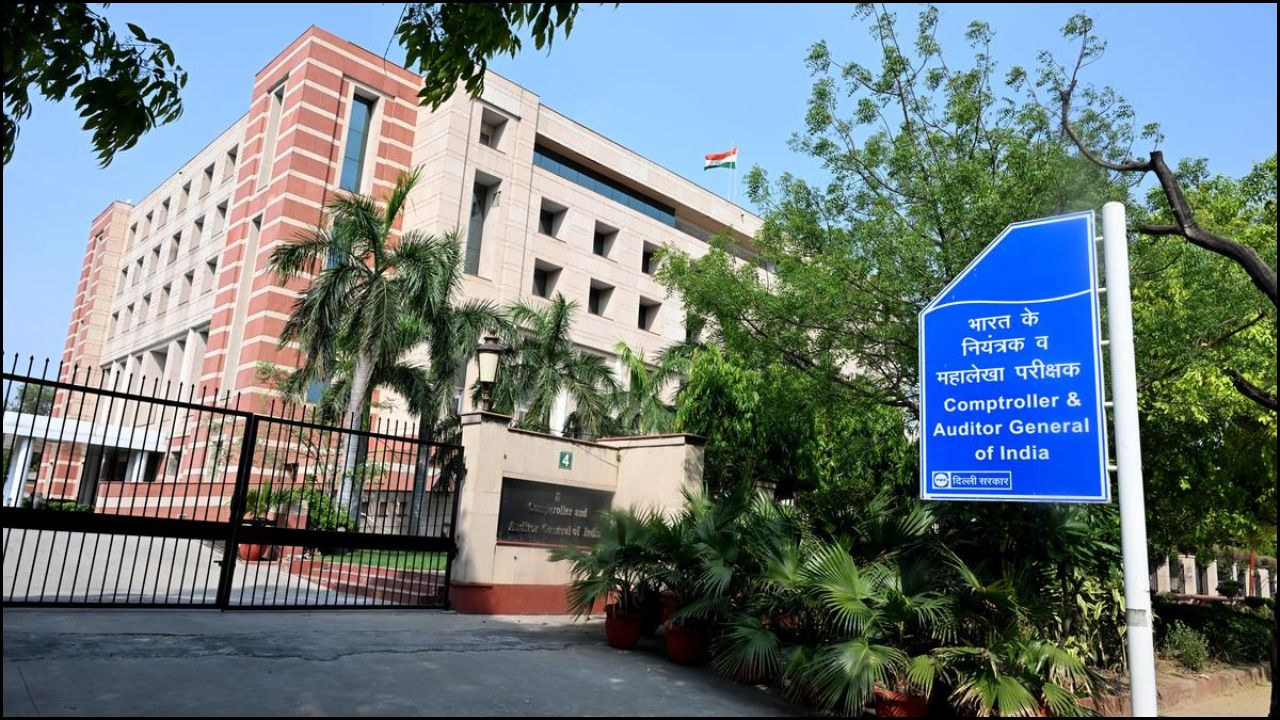
The Income Tax Appellate Tribunal (ITAT) in Mumbai has ruled that gifts worth crores transferred between spouses are not automatically taxable, provided legal ownership and reinvestment conditions are satisfied. The judgment, involving a ₹6 crore property sale, brings significant relief to taxpayers seeking clarity on gift taxation.
Case Background: A ₹6 Crore Dispute
In the case, a Mumbai woman sold two residential flats for approximately ₹6 crore. The flats were originally purchased by her husband in 2002 for ₹34 lakh and ₹17 lakh. In 2017, he transferred ownership to her through a registered gift deed.
According to reporting by The Economic Times, the woman later reinvested the proceeds in another residential property, also owned by her husband, and sought exemption under Section 54 of the Income Tax Act.
The Tax Department’s Objection
The tax authorities raised several objections. Officials argued that the reinvestment did not qualify for exemption because the purchase was made from the woman’s spouse. They also suggested that the arrangement resembled a circular transaction designed to avoid tax liability.
Further, the department invoked clubbing provisions, which allow income or capital gains from assets transferred between spouses to be taxed in the transferor’s hands, citing possible misuse.
ITAT’s Decision
The tribunal dismissed these arguments, ruling that the woman held valid ownership through a registered deed and thus had the right to claim the exemption.
“The ownership of the flats had been legally and beneficially transferred through a valid gift deed. Therefore, the taxpayer was entitled to seek relief under Section 54,” the ITAT bench observed, according to Business Standard.
The tribunal noted that all conditions of Section 54—particularly reinvestment within the statutory period—had been fulfilled. Stamp duty payments and banking records confirmed the authenticity of the transactions.
Section 54 Explained
What the Law Says
Section 54 of the Income Tax Act grants exemption from long-term capital gains tax if the proceeds from selling a residential property are reinvested into another residential property within a specified period.
This provision is often used by families to manage property transitions, especially in high-value urban markets.
Why It Matters for Taxpayers
Legal experts say the ruling reinforces that properly executed gift deeds, supported by documentary evidence, can protect taxpayers.
“Taxpayers must ensure compliance with formal requirements such as registration, stamp duty, and reinvestment timelines to qualify for exemption,” said Rakesh Nangia, chairman of Nangia Andersen LLP, speaking to The Economic Times.
Wider Implications
The ITAT’s interpretation underscores that not all large gifts attract tax automatically. Gifts between specified relatives, including spouses, are generally exempt under Section 56 of the Act. However, the subsequent sale and reinvestment process must strictly comply with the law to claim benefits.
Analysts caution that this ruling does not override other anti-avoidance provisions. Each case will depend on evidence of genuine ownership transfer and reinvestment.
Expert Reactions
Tax professionals welcomed the clarity provided by the ruling.
“This judgment emphasises substance over suspicion. Where ownership is validly transferred, exemptions should not be denied merely because transactions occur within a family,” said Rajiv Soni, senior chartered accountant and former Central Board of Direct Taxes (CBDT) officer.
However, some cautioned against assuming blanket exemption. “Each transaction will be scrutinised for authenticity. The ITAT decision cannot be interpreted as universal relief,” said Dr. Arpita Patel, tax law researcher at the National Institute of Public Finance and Policy.
Conclusion
The ITAT’s ruling in Mumbai clarifies that gifts worth crores, when legally documented and reinvested as per Section 54, can legitimately escape tax liability. For taxpayers, the decision provides reassurance but also a reminder that compliance and documentation are essential to withstand scrutiny.
















